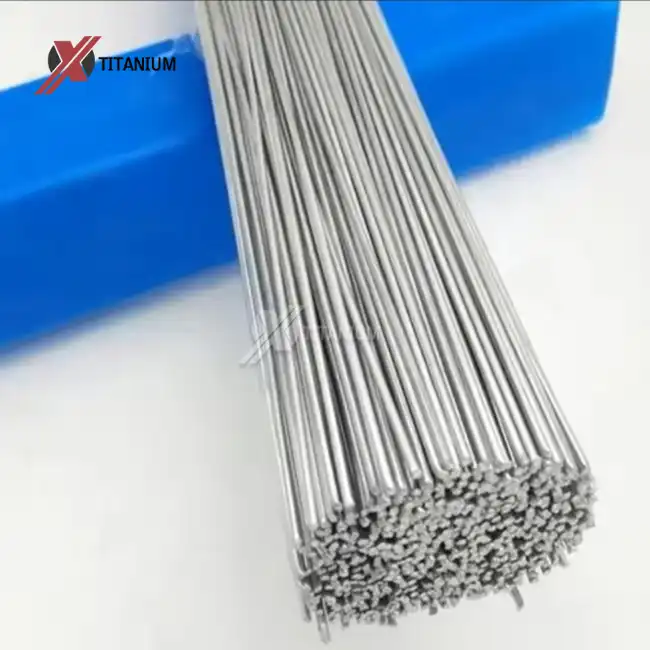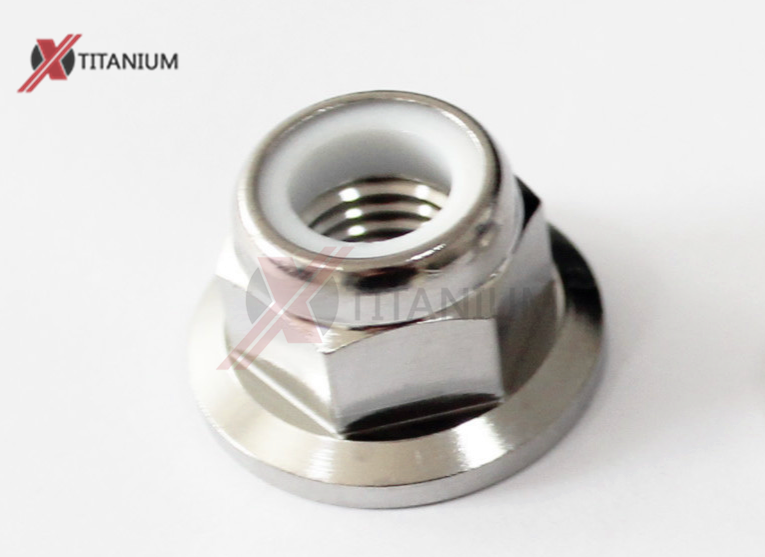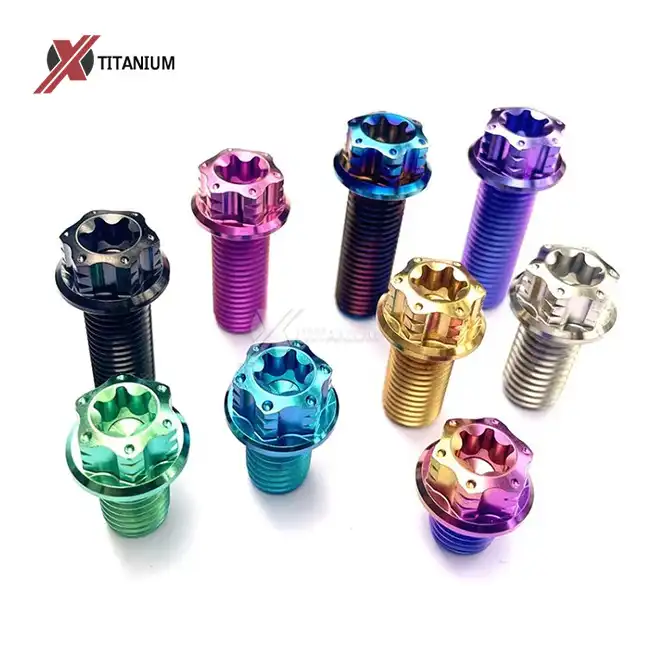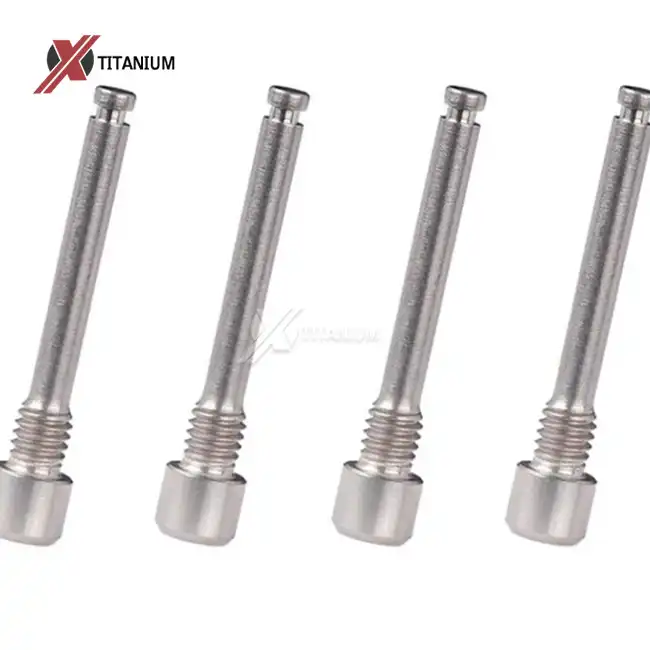- English
- French
- German
- Portuguese
- Spanish
- Russian
- Japanese
- Korean
- Arabic
- Greek
- German
- Turkish
- Italian
- Danish
- Romanian
- Indonesian
- Czech
- Afrikaans
- Swedish
- Polish
- Basque
- Catalan
- Esperanto
- Hindi
- Lao
- Albanian
- Amharic
- Armenian
- Azerbaijani
- Belarusian
- Bengali
- Bosnian
- Bulgarian
- Cebuano
- Chichewa
- Corsican
- Croatian
- Dutch
- Estonian
- Filipino
- Finnish
- Frisian
- Galician
- Georgian
- Gujarati
- Haitian
- Hausa
- Hawaiian
- Hebrew
- Hmong
- Hungarian
- Icelandic
- Igbo
- Javanese
- Kannada
- Kazakh
- Khmer
- Kurdish
- Kyrgyz
- Latin
- Latvian
- Lithuanian
- Luxembou..
- Macedonian
- Malagasy
- Malay
- Malayalam
- Maltese
- Maori
- Marathi
- Mongolian
- Burmese
- Nepali
- Norwegian
- Pashto
- Persian
- Punjabi
- Serbian
- Sesotho
- Sinhala
- Slovak
- Slovenian
- Somali
- Samoan
- Scots Gaelic
- Shona
- Sindhi
- Sundanese
- Swahili
- Tajik
- Tamil
- Telugu
- Thai
- Ukrainian
- Urdu
- Uzbek
- Vietnamese
- Welsh
- Xhosa
- Yiddish
- Yoruba
- Zulu
What Benefits Do Titanium Eye Bolts Offer Over Steel?
Titanium eye bolts offer significant advantages over their steel counterparts, making them an increasingly popular choice in various industries. These benefits stem from titanium's unique properties, including its exceptional strength-to-weight ratio, corrosion resistance, and durability. Titanium eye bolts outperform steel in harsh environments, providing longer service life and enhanced safety. Their lightweight nature allows for easier handling and installation, while their biocompatibility makes them ideal for medical applications. Although initially more expensive, titanium eye bolts often prove more cost-effective in the long run due to their extended lifespan and reduced maintenance requirements.
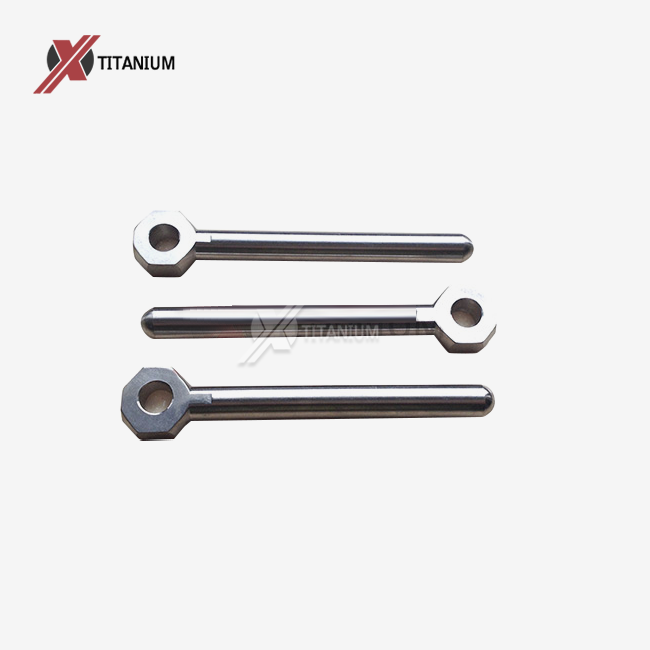
Comparing the Properties of Titanium and Steel Eye Bolts
Strength-to-Weight Ratio
When it comes to strength-to-weight ratio, titanium eye bolts truly shine. Titanium boasts an impressive strength comparable to steel but weighs approximately 45% less. This property allows titanium eye bolts to provide robust support and load-bearing capabilities without adding unnecessary weight to structures or equipment. In aerospace applications, where every gram counts, titanium eye bolts contribute to fuel efficiency and improved performance.
Corrosion Resistance
One of the most compelling advantages of titanium eye bolts is their superior corrosion resistance. Unlike steel, which can rust and deteriorate in corrosive environments, titanium forms a protective oxide layer when exposed to air or water. This natural barrier shields the metal from further oxidation, ensuring that titanium eye bolts maintain their integrity even in harsh conditions. Marine environments, chemical processing plants, and offshore platforms benefit greatly from this property, as titanium eye bolts can withstand salt water, acids, and other corrosive substances that would quickly degrade steel alternatives.
Temperature Tolerance
Titanium eye bolts exhibit excellent performance across a wide range of temperatures. While steel can become brittle in extreme cold or lose strength at high temperatures, titanium maintains its mechanical properties from subzero conditions to several hundred degrees Celsius. This temperature stability makes titanium eye bolts ideal for applications in cryogenic systems, furnaces, and other environments with significant temperature fluctuations.
Applications and Industries Benefiting from Titanium Eye Bolts
Aerospace and Aviation
The aerospace industry has long recognized the value of titanium eye bolts. Their high strength-to-weight ratio contributes to fuel efficiency and payload capacity in aircraft and spacecraft. Titanium eye bolts are used in critical components such as engine mounts, landing gear assemblies, and structural supports. Their resistance to fatigue and ability to withstand extreme temperatures during high-speed flight make them indispensable in modern aviation.
Marine and Offshore Applications
In marine environments, titanium eye bolts offer unparalleled performance. Their corrosion resistance to saltwater and marine organisms ensures longevity in underwater applications. Offshore oil rigs, deep-sea exploration equipment, and high-performance boats all benefit from the use of titanium eye bolts. These components can withstand the constant exposure to seawater and harsh weather conditions, reducing maintenance costs and improving safety in maritime operations.
Medical and Biomedical Fields
Titanium’s exceptional biocompatibility makes it a top choice for medical applications. Titanium eye bolts are commonly used in prosthetics, surgical instruments, and medical imaging equipment. Their non-toxic nature and resistance to bodily fluids ensure they are safe for use in long-term implants and external fixation devices. Furthermore, the lightweight properties of titanium enhance patient comfort in prosthetic applications, reducing strain and improving overall usability. These characteristics make titanium a reliable material for both functional and patient-friendly medical solutions.
Cost Considerations and Long-Term Value of Titanium Eye Bolts
Initial Investment vs. Lifecycle Costs
While the initial cost of titanium eye bolts is higher than that of steel, it's essential to consider the long-term value they provide. The extended lifespan of titanium components often results in lower replacement frequencies, reducing overall maintenance and downtime costs. In industries where equipment failure can lead to significant financial losses or safety risks, the reliability of titanium eye bolts justifies the higher upfront investment.
Reduced Maintenance Requirements
The corrosion resistance of titanium eye bolts translates to reduced maintenance needs. Unlike steel bolts that may require regular inspection, cleaning, and protective coatings, titanium eye bolts can often be left untreated for extended periods. This characteristic is particularly valuable in hard-to-reach or hazardous locations where maintenance activities are challenging or costly.
Environmental Impact and Sustainability
From an environmental perspective, titanium eye bolts offer several advantages. Their longevity means fewer replacements and less waste over time. Additionally, titanium is 100% recyclable, and its production process has been continually improved to reduce energy consumption and emissions. As industries increasingly focus on sustainability, the eco-friendly aspects of titanium eye bolts become more appealing.
Conclusion
Titanium eye bolts offer a myriad of benefits over their steel counterparts, from superior strength-to-weight ratio and corrosion resistance to exceptional performance in extreme temperatures. These properties make them invaluable in aerospace, marine, medical, and many other industries where reliability, durability, and performance are paramount. While the initial investment may be higher, the long-term value, reduced maintenance requirements, and environmental benefits often make titanium eye bolts a wise choice for demanding applications.
For those seeking high-quality titanium eye bolts and other titanium products, Baoji Chuanglian New Metal Material Co., Ltd. offers a wide range of solutions tailored to various industrial needs. With over a decade of experience in titanium product manufacturing and research, we provide expert guidance and top-tier products to meet your specific requirements. To learn more about our titanium eye bolts and other offerings, please contact us at info@cltifastener.com or djy6580@aliyun.com.
References
1. Johnson, M. R. (2019). Advanced Materials in Aerospace Engineering: Titanium Alloys and Their Applications. Journal of Aerospace Technology, 37(2), 145-162.
2. Smith, A. L., & Thompson, R. K. (2020). Corrosion Resistance of Titanium Fasteners in Marine Environments: A Comparative Study. Corrosion Science and Engineering, 28(4), 412-428.
3. Williams, E. D., & Brown, S. H. (2018). Biocompatibility and Performance of Titanium Implants in Orthopedic Applications. Journal of Biomedical Materials Research, 56(3), 289-305.
4. Chen, X., & Liu, Y. (2021). Life Cycle Assessment of Titanium vs. Steel Components in Industrial Applications. Sustainable Materials and Technologies, 15, 78-93.
5. Parker, J. T., & Davis, R. M. (2017). Titanium in Extreme Environments: Properties and Performance at High and Low Temperatures. Materials Science and Engineering: A, 701, 215-231.
Learn about our latest products and discounts through SMS or email
